New energy vehicles have become a new fashion in consumption, and E-Skateboards are becoming increasingly popular. Skateboarders have generally mentioned a problem in the communication: the battery has reached the end of its service life, and waste batteries are a major source of pollution if they are not disposed of properly. So the question arises: how to deal with the waste batteries of Motorized Longboards? Are there any relevant laws and regulations in your country?
Electric vehicle batteries are mainly divided into two types: lead-acid batteries and lithium batteries.
- Lead-acid batteries are inexpensive, require low maintenance costs, have a skilled manufacturing process, offer stable performance, have good applicability, and have a high recycling rate; however, they are large in size and have poor durability.
- Lithium batteries are light weight, have many charge and discharge cycles, have a high rated voltage, are applicable in high temperatures, are environmentally friendly, etc.; however, their safety is not very good, and there is a risk of spontaneous combustion or explosion at high temperatures.
At present, most Electric Longboards use lithium batteries. From sourcing different materials to designing them to be sleeker and slimmer, Electric skateboard batteries have come a long way. Lithium batteries are made from lithium metal and other components. Unfortunately, lithium mining is highly energy-intensive and often has many negative impacts on surrounding communities and the environment.
Lithium-ion batteries are recyclable, but they should not be placed in recycling bins. The purpose of recycling lithium-ion batteries is to prevent landfills from becoming clogged with toxic e-waste and to use the recycled materials to create new products. If you wish to dispose of or recycle your old batteries, here are four steps you can take to do so safely.
How to properly recycle lithium batteries?
- If possible, remove the battery from the Electric Skateboard.
- Store it in a cool, dry place, such as in a plastic bag.
- If the battery is physically damaged, store it in an insulated plastic bag to avoid short circuits.
- Take the battery to your local battery drop-off site or recycling center for recycling.
Things to avoid when recycling lithium batteries:
- Do not dispose of batteries in normal household waste or recycling.
- Do not burn batteries in fire, as they may explode.
- Do not mix damaged and undamaged batteries.
- Avoid storing batteries in metal containers.
- Do not store E-Longboard batteries for an extended period of time.
Lithium battery recycling locations:
- Check your town or region's website for information on local waste disposal facilities.
- Look for battery recycling bins at your local municipal office or recreation center.
- Ask your local library or school if they have a battery recycling program.
- Contact the Motorized Skate Board retailer or manufacturer to ask if they have a battery return program.
Most batteries, rechargeable or not, contain high levels of heavy metals and toxic chemicals that can be harmful to the environment if not recycled properly. By recycling Motorized Skateboard batteries, you can divert waste from landfills, help reduce the risk of landfill fires, soil contamination, and water pollution, and reduce the need for raw materials to manufacture new products. Did you know? Batteries and pool chemicals discarded in the trash are the largest cause of landfill fires; both items are prohibited from being placed in the trash.
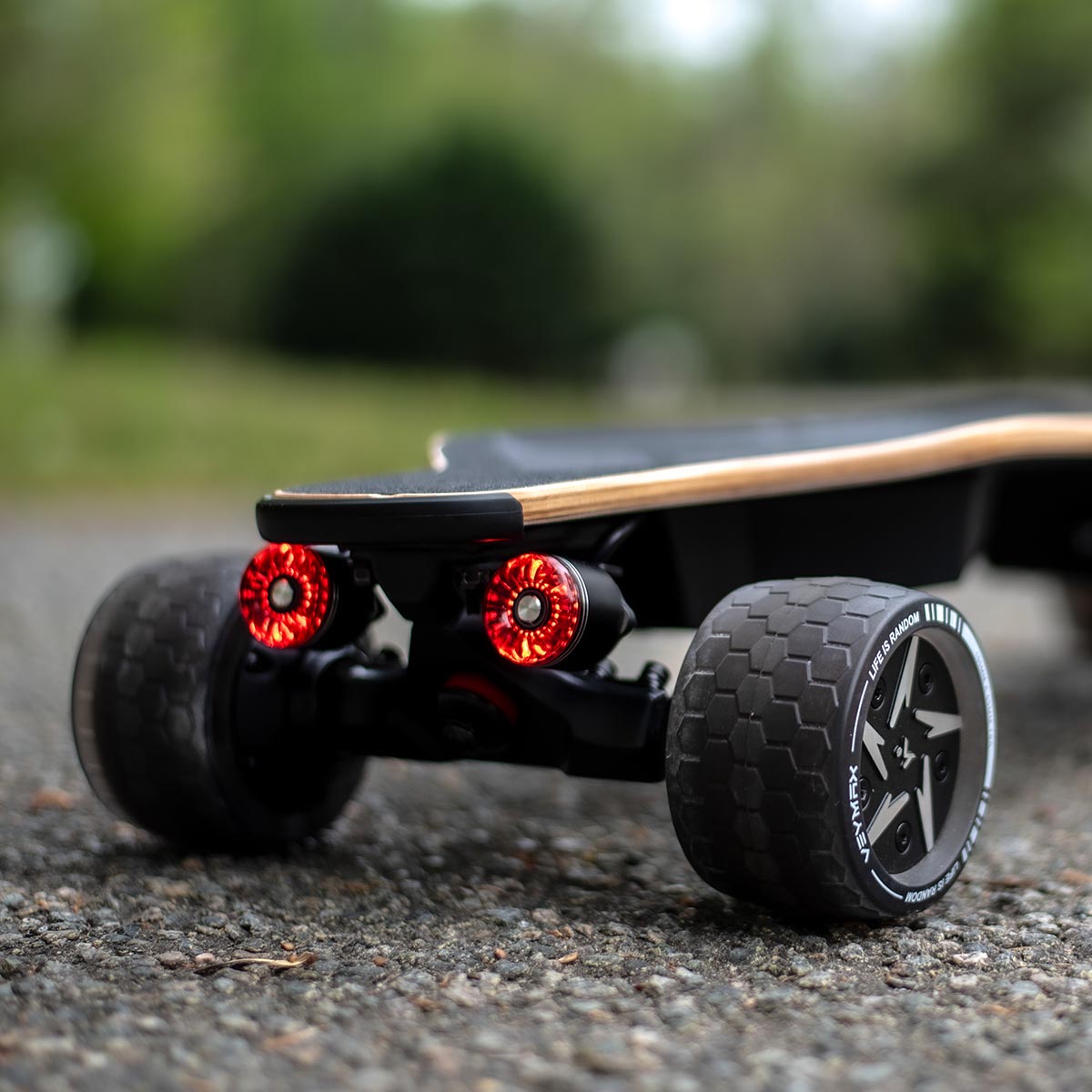
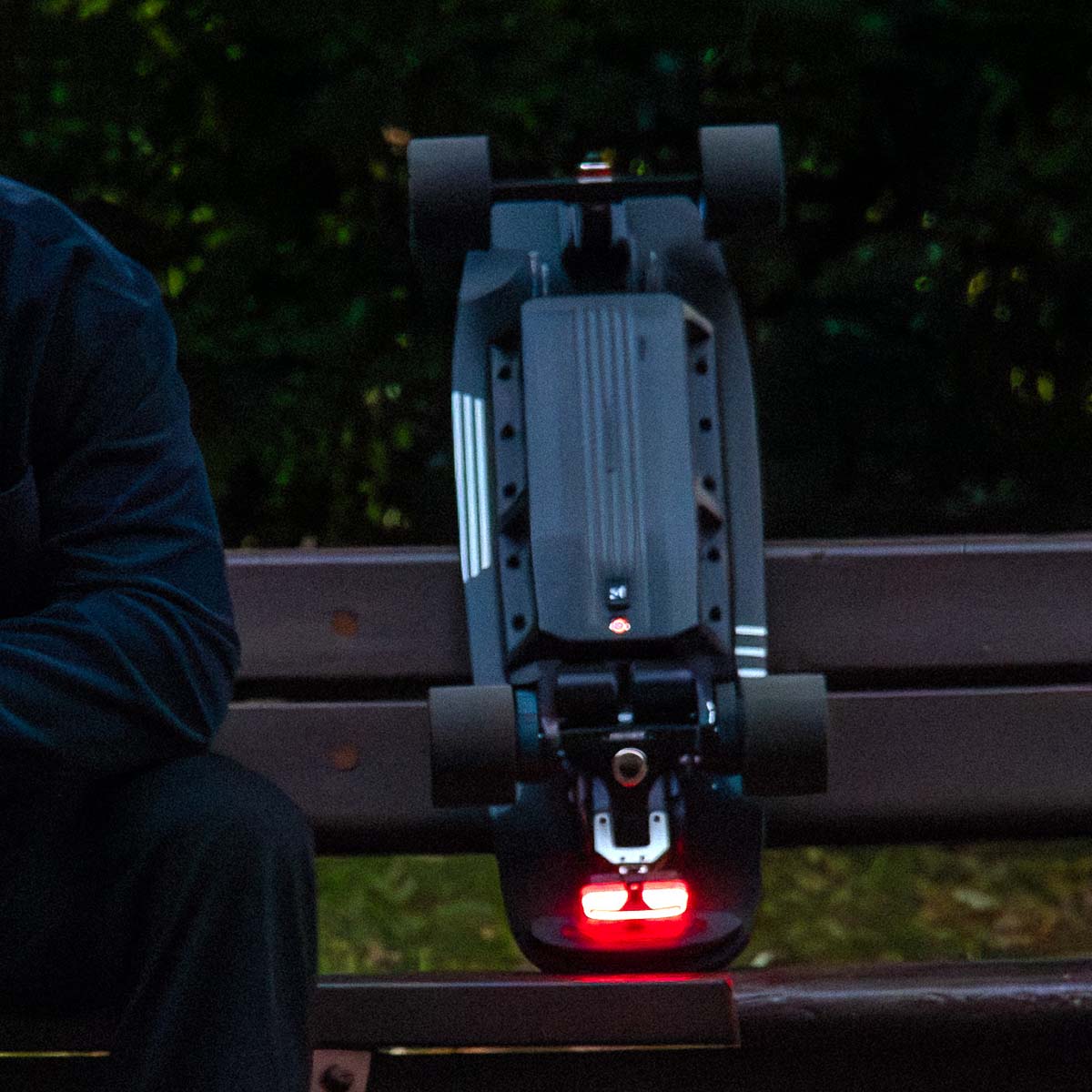
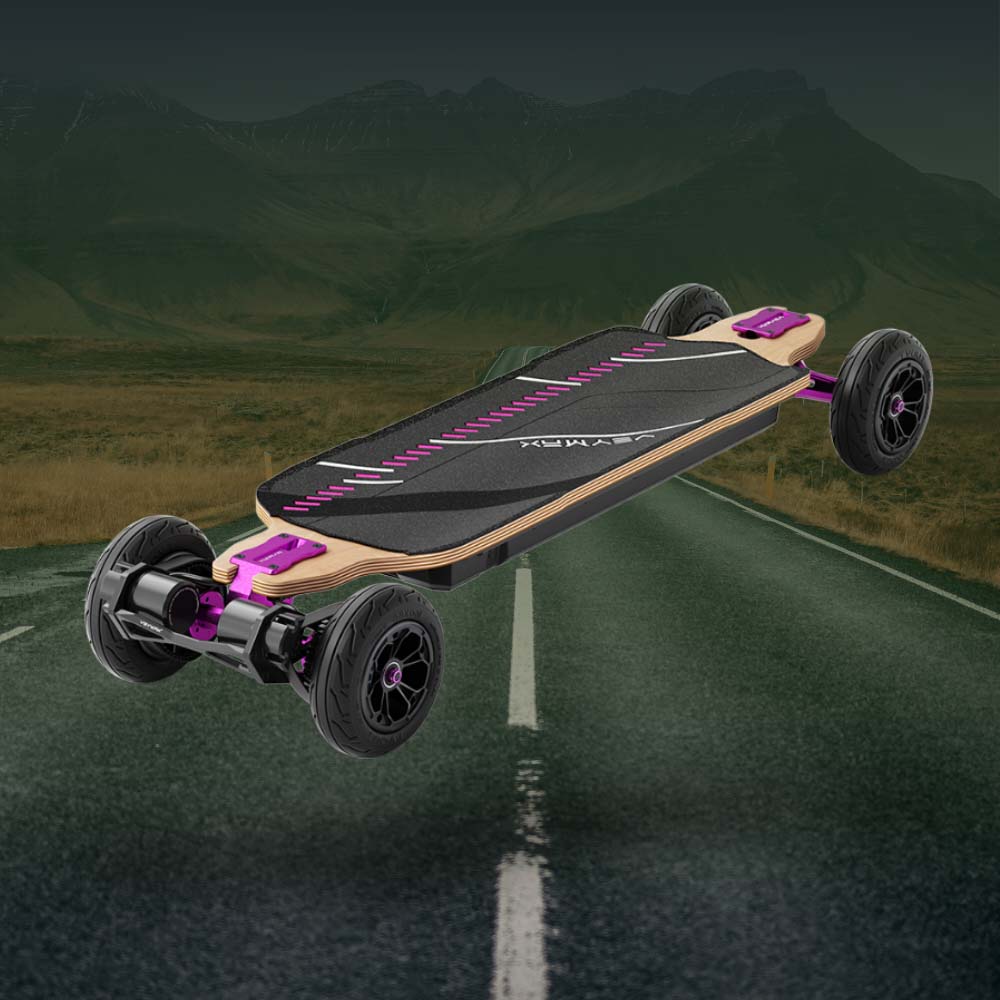
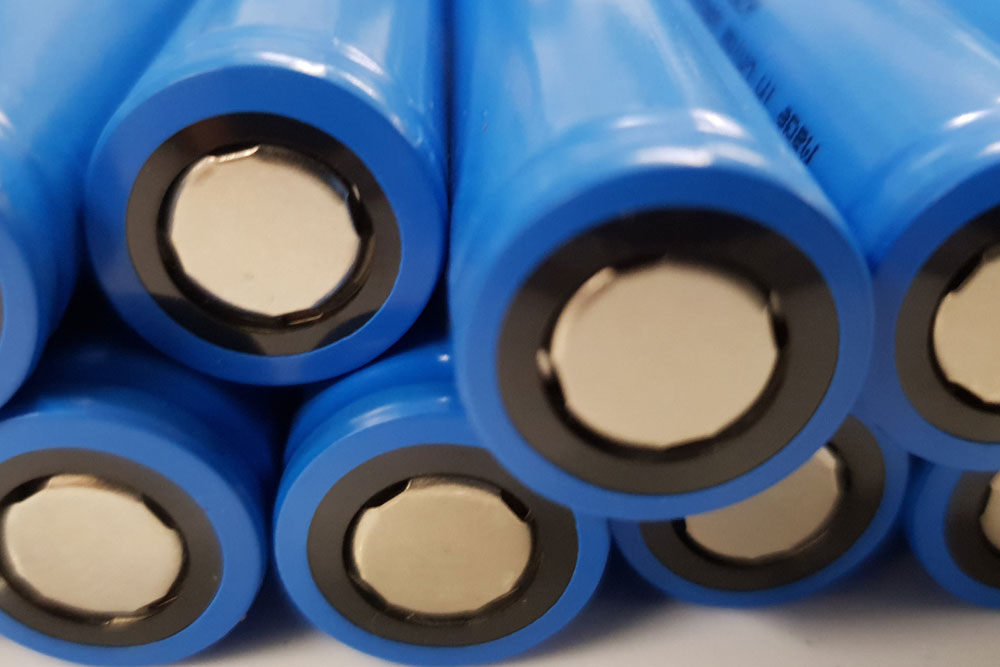
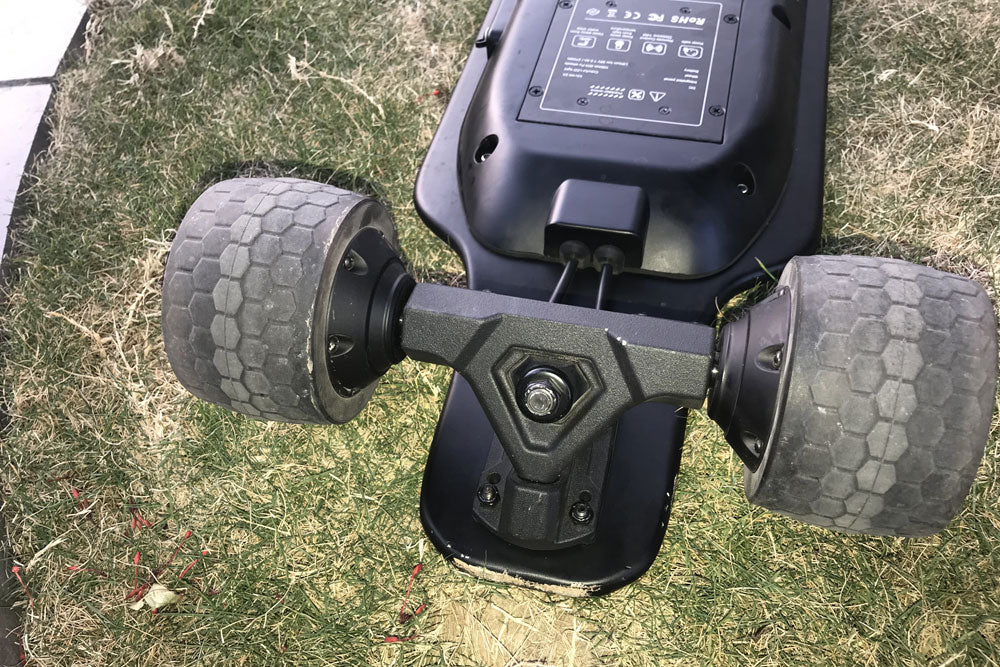

Leave a comment
This site is protected by hCaptcha and the hCaptcha Privacy Policy and Terms of Service apply.